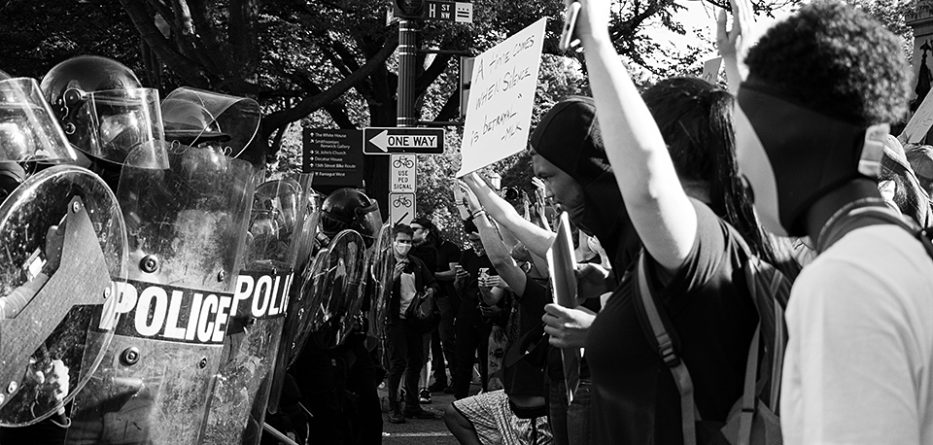Pope Francis Prayer Intention for April: Fundamental Rights – Let us pray for those who risk their lives while fighting for fundamental rights under dictatorships, authoritarian regimes and even in democracies in crisis, that they may see their sacrifice and their work bear abundant fruit.
In its Christian context, Easter Sunday celebrates the rising of Jesus to life. It follows his brutal execution after a trumped up trial on Good Friday. This year, Good Friday occurs at the beginning of April, the month when Pope Francis dedicates his monthly prayer intention to those who risk their lives while fighting for fundamental rights under dictatorships, authoritarian regimes and even in democracies in crisis.
Such prayers have always been necessary. The sun will always rise on brave people as they wake ready to continue their struggle for justice, wondering whether at the end of the day they will be still alive. Most live in towns and villages of which we have never heard, in nations about which our media report little. But sometimes, the urgency of prayer is inscribed on the faces of people familiar to us who have risked their lives.
We are familiar with the faces of people who formed a chain of respect, passing from one to another Jewish people escaping during Nazi occupation. We may recognise the faces of writers who were killed or exiled to Siberia during the purges in Stalinist Russia. We may remember the faces of young Filipino students who offered flowers to soldiers during the Marcos era. They saw peace and justice prevail over violent suppression. More recently, we have seen the faces of students in Myanmar as they offered roses to the soldiers blocking their protest. Sadly their peaceful gesture has been rejected with increasing bloodshed and imprisonment.
The names of many of these people who have put their lives on the line to defend the human dignity of others in times of tyranny are remembered and held in honour. Often modest statues to them have replaced the grandiose monuments to the men who hounded them. But the majority lived and often died humbly and unnoticed. They are among those who were ‘disappeared’ under Latin American and other military governments, those who have been arrested and have died in prison, those who have been beaten in demonstrations for civil rights, who have quietly refused to be intimidated by overwhelming power and have remained faithful, and those who in their writing and thinking have served the truth in the face of the lies imposed upon their people.
It is right for those who have seen their human rights violated and have suffered in defence of their families, friends and fellow citizens to be outraged by the savagery with which powerful, ambitious men with guns go to war against their unarmed fellow citizens in order to protect their self-claimed entitlements. It is hard not to harbour rage and hatred against the perpetrators.
In his prayer intention, however, Pope Francis encourages another way. He focuses, not on the masks of soldiers clad in black, but on the faces and coloured dress of the young people who in so many eras and places have approached them in peace, on the faces of the women who have beaten pots and pans in the markets to express their disapproval of the infringements on their human rights, and on the fleeting faces of shadowed people who have filmed state violence, protested against it in poetry and song, sent news of it through the world, and have begged our support.
In our grief and helplessness before the systematic crushing of human rights, Pope Francis invites us to hold these faces and those of their put-upon fellow countrymen in our eyes and in our prayers. A totally inadequate response, we might feel. It does however set the lives of these brave people in a wider arc in which the value of a life sacrificed and a freedom vainly fought for is not lost but shines and is woven into the tapestry of relationships between people and world, between past, present and future, a tapestry that will never be unpicked.
On Good Friday, expediency, brutality and military efficiency at killing had the last word. That is the day in which so many of our sisters and brothers throughout the world are locked today. But in the Easters story, three days later the sun rose, and with it rose life and love. They mock the claim of death and despair, anger and hatred, to have the final word in our world or in our hearts. The last word is given to love, to remembrance, to justice and to reconciliation.
Fr Andrew Hamilton SJ writes for Jesuit Communications and Jesuit Social Services.








